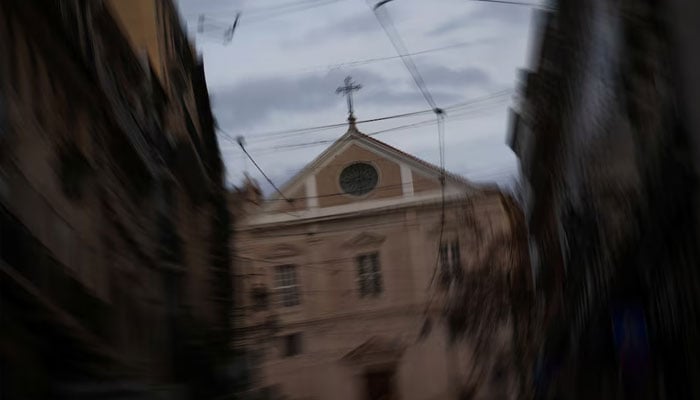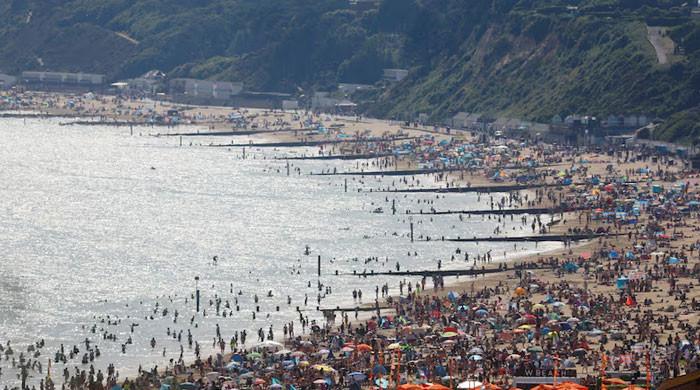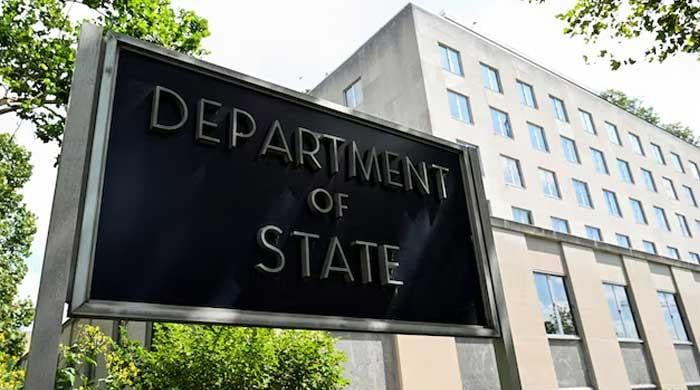Bolivian court jails two Spanish Jesuit priests over decades-long abuse cover-up
Priests, Marcos Recolons, 81, and Ramon Alaix, 83, were convicted in Cochabamba on Tuesday
September 03, 2025

A Bolivian court has sentenced two elderly Spanish Jesuit priests to one year each in prison for concealing decades of sexual abuse carried out by their colleague, marking the country’s first successful criminal prosecution of high-ranking members of the Catholic order implicated in cover-ups, Reuters reported.
The priests, Marcos Recolons, 81, and Ramon Alaix, 83, were convicted in Cochabamba on Tuesday.
Prosecutors argued they led the Jesuit order in Bolivia during the years the abuse occurred and knowingly ignored allegations against fellow priest Alfonso Pedrajas, who died in 2009.
Their silence allowed Pedrajas to maintain contact with children, many of them Indigenous students from poor families studying on scholarships at a prestigious boarding school.
The scandal surfaced in 2023 when a diary belonging to Pedrajas was published. In it, he chillingly admitted to abusing at least 85 minors between 1972 and 2000.
The revelations triggered international outrage and renewed debate across Latin America over the Catholic Church’s responsibility in addressing child sex abuse scandals.
The court not only sentenced the priests to prison but also ordered them to pay court costs, compensate victims, and undergo psychological treatment.
The judge further announced that prosecutors will pursue new cases against other priests named by survivors during the trial.
Pedro Lima, spokesperson for a survivors’ group, described the ruling as “historic”, noting that while the one-year sentence was not severe, it nonetheless set an important precedent.
“We want this to be a precedent so that no boy or girl in Bolivia suffers sexual abuse again,” he said.









